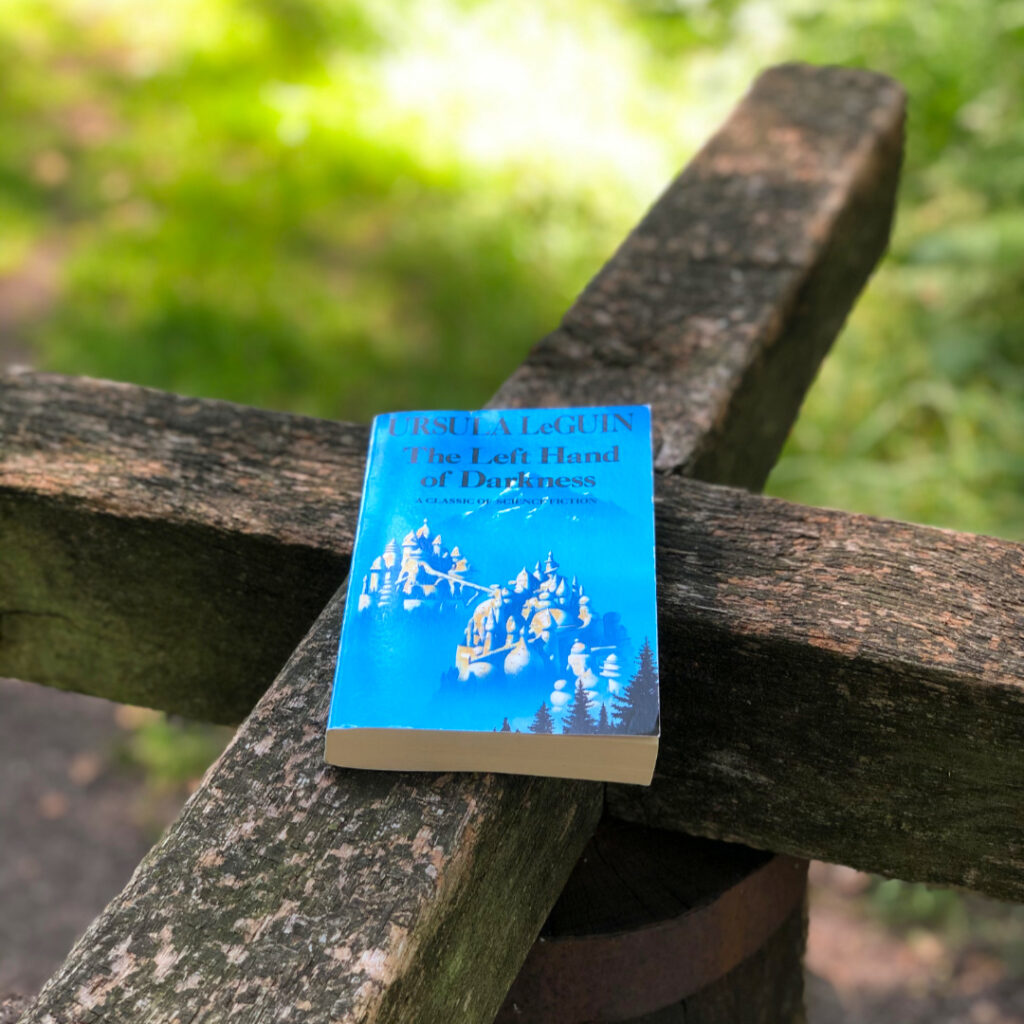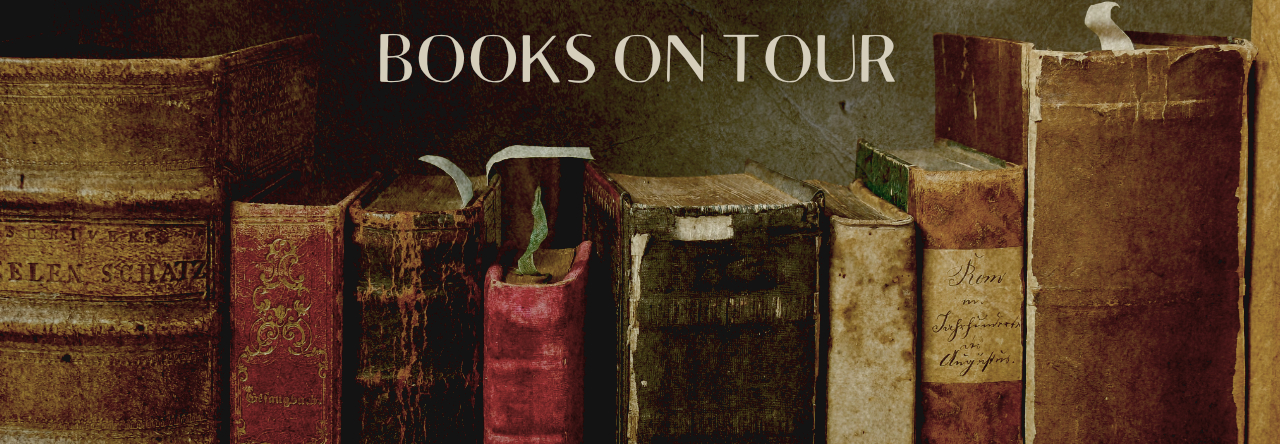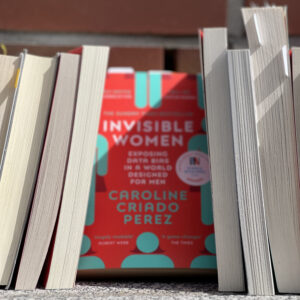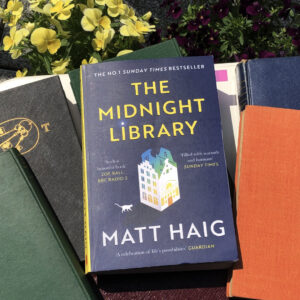
Year of publication: 2013 (first published in 1969).
Publisher: Orbit Books
ISBN: 9781857230741
Strong Point: The lyricism of the language and the way the author describes the relationship between the two main protagonists.
Weak Point: Some passages can be a bit boring, like the description of the travel through the ice. Also, the many “alien” words that the author introduces at the beginning of the narration without an explanation of their meaning. Later on, however, all the terms are explained, but it can be a bit confusing.
Books on Tour Rating: ⭐️⭐️⭐️⭐️ (4/5)
Goodreads Rating: ⭐️⭐️⭐️⭐️ (4.07/5)
WHAT IT SAYS IN THE BLURB
This outstanding classic of science fiction, which won both the Hugo and Nebula Awards when first published, is the story of Winter, an Earth-like planet with two major differences: conditions are semi-arctic even at the warmest time of the year, and the inhabitants are all of the same sex. Tucked away in a remote corner of the universe, they have no knowledge of space travel or of life beyond their own world. And when a strange envoy from space brings news of a vast coalition of planets which they are invited to join, he is met with fear, mistrust and disbelief…
REVIEW OF “THE LEFT HAND OF DARKNESS”
I must admit that Science-fiction is never my first option while I am choosing what to read next in a bookshop or when I am browsing my own shelves. However, it is a genre to which I have always been attracted. But once I have overcome that reluctance, I have only had very good surprises.
“The Left Hand of Darkness” is even more special as it is a classic of the genre. Ursula K. Le Guin received several awards for it. So I had assumed before reading it that it must be a great book.
Well, I must say that I deeply enjoyed “The Left Hand of Darkness”. I found a book (about whose plot I had not previously known much about) with a science-fiction story but full of lyricism and beauty in its language.
In it, we follow the steps of Genly Ai. He is an envoy who is sent to the planet Winter / Gethen on a mission. He is recording his travel in an artefact called “Ansible”. The transcripts of this machine are the texts that we are reading in the book.
Ai finds the realm of Karhide in a difficult political situation. Its King (Argaven XV) has problems to stay in command, and the Government is quite corrupt and longs for power.
One member of this Government is its Prime Minister, Estraven. Ai turns to him for help to fulfil its mission: to convince Argaven to join a coalition of other planets called Ekumen, in order to benefit from each other in terms of technology and commerce. However, this mission would not turn out so well.
Ai also tries later to ask for help to Orgoreyn politicians (another realm in the planet). But it seems no one really trusts poor Ai…
THE TALE OF A FRIENDSHIP
“The Left Hand of Darkness” also tells the story of the friendship between these two characters, Ali and Estraven. They develop during the narration a beautiful friendship and it is a pleasure to read about it.
However, at the beginning of the book Ai and Estraven did not understand each other. It seemed they were not able to communicate with one another, although Estraven was the only ally (and in the end, friend) that Ai had in the whole planet Winter. Furthermore, there are times when we see both characters really angry with each other because of false statements or misconceptions…
Le Guin describes this relationship very delicately and with stunning lyricism. Some passages might be a bit boring (especially when Ai and Estraven travel through the Gobrin ice). But these are overshadowed by the ones where you can read about the affection of these two aliens for one another…
DUALITY FEMALE/MALE
Yes, these are aliens, no male/female characters, no tags, no gender, but just two friends who found one another when they needed it the most. But at the beginning of the story, Ai could just not cope with the fact that the people of Winter are ambisexual.
They also differ from Ai in that they have a period of time when they are in “kemmer” where they are able to have sex and can choose if they want to play the role of a male or of a female.
This sexual role change is hard to understand by Ali, who is a male. He mistrusts them simply because he doesn’t understand them, because he doesn’t WANT to understand them. On the contrary, Gethenians see Ai, who is always capable of having sex (like us humans), as a pervert.
Furthermore, Ai always thinks of Gethenians as males, and he feels almost disgusted when he sees feminine traits in them. Plus he speaks of these feminine features almost with repugnance. This misogyny affects his perspective of Gethenians and the way he behaves towards them. This is the reason why Ai is not able to do his mission properly and he fails.
Curiously, by Ai always thinking of Gethenians as males (even using the pronoun “he” to refer to them) I, as a reader, had the same problem as him. It was quite complicated not to view the characters in the book as uniquely and exclusively males…I don’t know if that was the intention of the writer or if I am the only one who experienced this…
However, in the end, and helped by Estraven’s sacrifice, Ai understands that it doesn’t matter if Estraven (or anyone, really) is male or female, but human.
FOLKLORE
Pieces of folklore stories are also introduced between the chapters to help us understand this “alien” world of Winter. These pieces are a perfect complement to the main plot. They are written in an even more lyric and dream-like language which makes you appreciate more notably the immense talent of Le Guin.
FINAL THOUGHTS ABOUT “THE LEFT HAND OF DARKNESS”
First, as I previously said, it takes me a while to dive in the story when the genre is science-fiction. But, the way in which Le Guin describes this alien world makes you want to know more about it. Some people complain that there are just too many elements in this new planet that reminds the reader of Planet Earth and that they cannot “believe” that they are reading about an alien planet.
That was not my experience. I was very interested in the depiction of the aliens, that they do not have “flying vehicles” or that they have never experienced a war (they don’t even have a word for it!). I have not thought even for one second that I was reading about planet Earth. Plus the details are such and so meticulous that when you finish the book you really think that you have visited the place. You really feel the cold in your bones, or taste their food, or experience their odd type of “diplomacy” called “shifgrethor” which rules every aspect of its daily life.
Second, I deeply enjoy the concept of the lack of gender of these aliens at Winter. We have been presented almost since we are born with the two genders duality, where everyone is female or male and that is all. However, nowadays, that duality is, thank God, not such, which makes the book even more interesting. Not to forget, that its publication was in 1969!!
So, is it a good book? Absolutely. Did it deserve so many awards? That I cannot answer as I don’t have a big experience with the genre.
Conclusion: I have to read more books 😉



